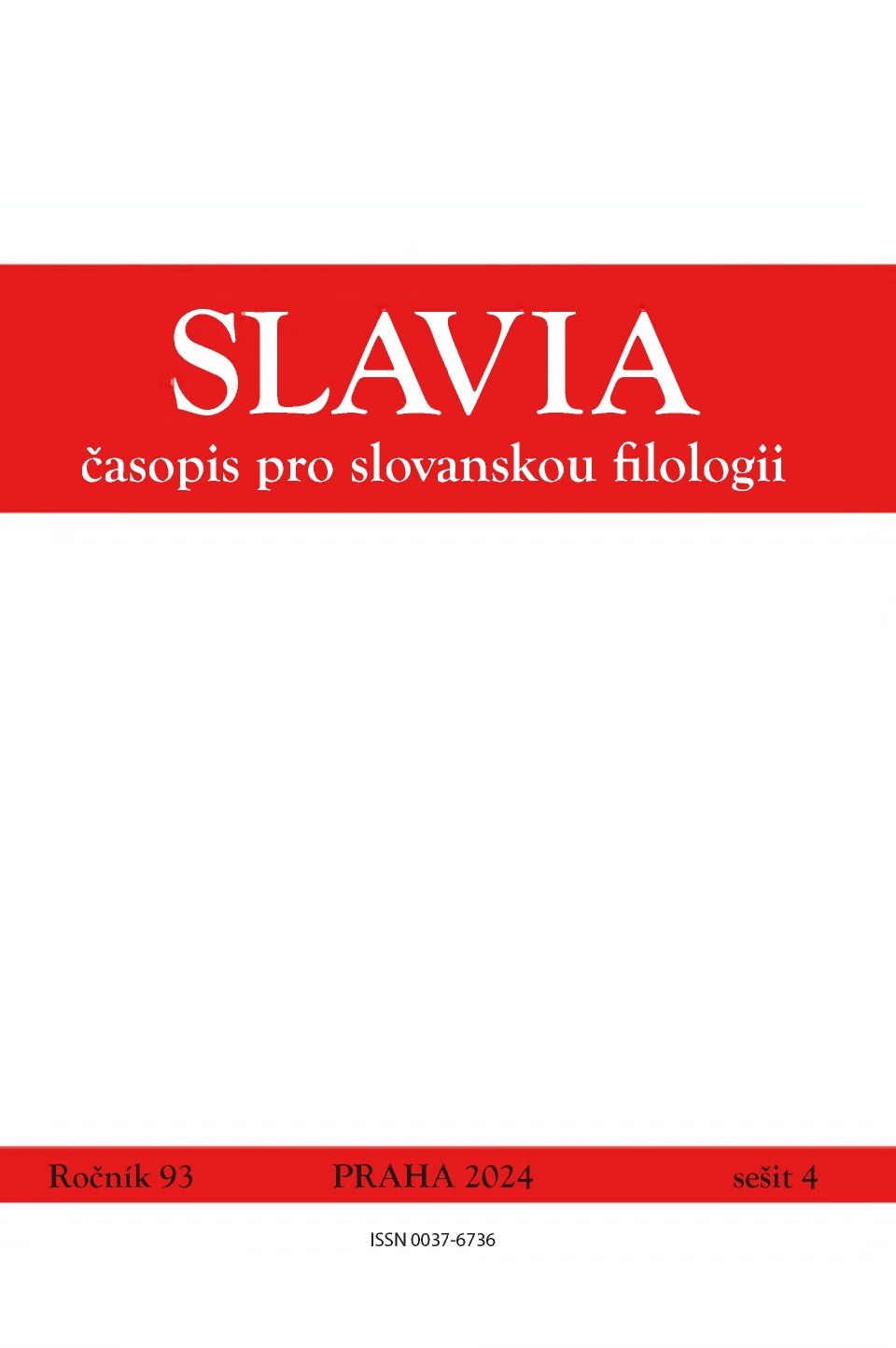Kaszuby w oczach Aleksandra Hilferdinga i kontekst panslawistyczny
Kashubia in the Eyes of Alexander Hilferding and the Pan-Slavic Context
Author(s): Daniel KalinowskiSubject(s): Cultural history, Ethnohistory, Western Slavic Languages, Eastern Slavic Languages, Cultural Anthropology / Ethnology, 19th Century
Published by: AV ČR - Akademie věd České republiky - Slovanský ústav and Euroslavica
Keywords: Slavic studies; Kashubian studies; Alexander Hilferding; Pan-Slavism; Polish-Russian relationship;
Summary/Abstract: The article concerns research of the Kashubian culture by a Russian linguist of the mid-19th century – Alexander Hilferding. Hilferding contributed to a comprehensive description of the Kashubian language in the arena of Slavic studies, including linguistic, ethnographic and socio-political analyses. In the article, the latter aspect is the most important. Socio-political dimension of Hilferding’s research is discussed from the point of view of the history of ideas with a special focus on the idea of Pan-Slavism. The paper also employs elements of the postcolonial discourse. The analysis results in the argument that Hilferding’s main work Ostatki Słowian na południowym brzegu Morza Bałtyckiego (The remainders of Slavs on the south shore of the Baltic Sea, 1862) provides reliable information about the Kashubian language and customs, but also functions as an ideological and political text, intended to convince the Slavic milieu that Pan-Slavism was an attractive ideological system, which could take on a culture-forming function. In the face of the then political situation and the insufficient statehood of the Republic of Poland, Hilferding’s work was an act of suppressing Polish culture and it was related to the desire of the Russian Pan-Slavists to build a sphere of influence in the region of Eastern Pomerania.
Journal: Slavia - časopis pro slovanskou filologii
- Issue Year: XCIII/2024
- Issue No: 4
- Page Range: 430-442
- Page Count: 13
- Language: Polish

